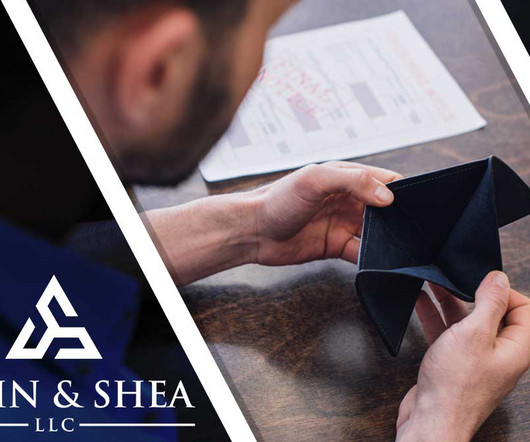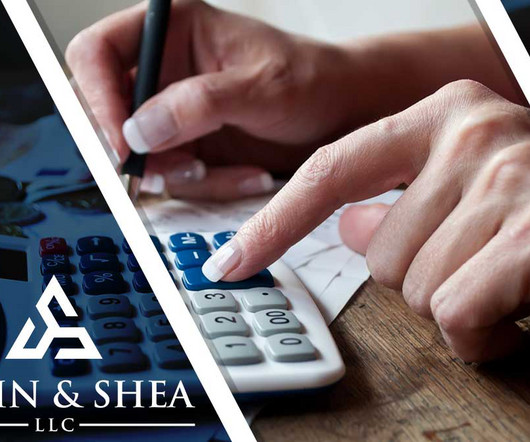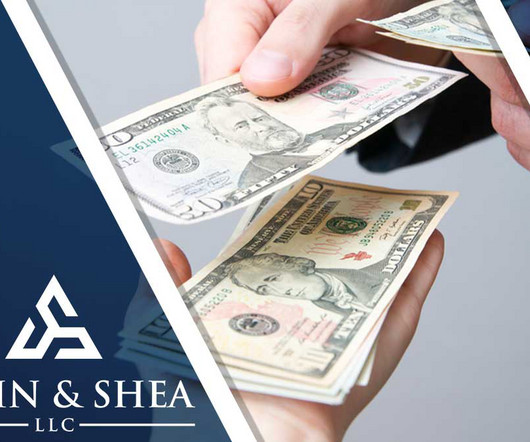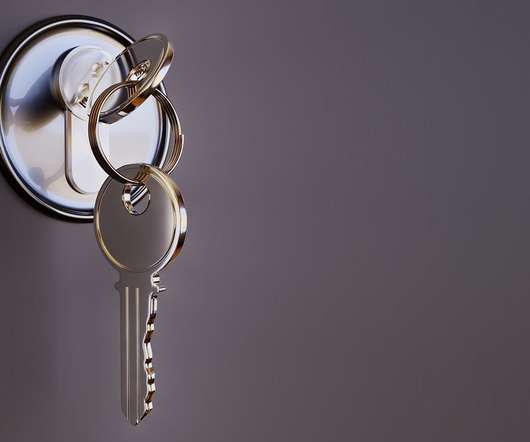What Happens to My Personal Loan After Bankruptcy?
Sawin & Shea
OCTOBER 26, 2022
Unsecured loans are loans that don’t have collateral. If you fail to repay an unsecured personal loan, the lender cannot repossess your assets. Common unsecured loans include: Bank loans with no collateral. Repossession deficiency claims. You can also surrender the loan’s collateral in order to discharge the debt.

























Let's personalize your content